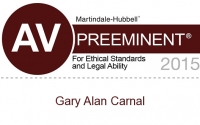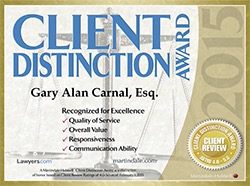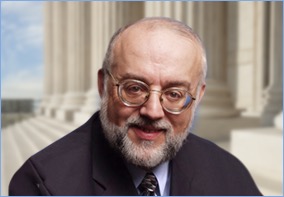Understanding How Revocable Living Trusts Work

A revocable living trust is a useful estate planning tool that allows you to keep control of your assets during your lifetime–and avoid probate after you die. In a living trust you transfer your assets to a trustee, but you can serve as your own trustee. If you do choose to name someone else as trustee while you are still alive, that person has a legal responsibility to use the trust assets only as you direct.
What Are a Beneficiary’s Rights While the Settlor Is Alive?
A living trust also provides for the distribution of its assets after the original trust maker (or settlor) dies. These contingent beneficiaries generally do not have any legal rights in the trust until the settlor’s death, at which point the trust becomes irrevocable. While the settlor is still alive, he or she is free to amend or revoke the trust.
A recent Florida appeals court decision illustrates how a contingent beneficiary’s rights are limited with respect to a revocable trust. In this case, a Florida woman created a revocable living trust and named herself as trustee. At some point the settlor actually resigned as her own trustee and named her granddaughter as successor trustee. According to court records, she said she “wanted to place a buffer between her and family members” who were asking her for money or forgiveness of previous loans.
The settlor died in 2007. The trust named several contingent beneficiaries, including one of the settlor’s sisters. The sister and the trustee were named as co-personal representatives of the settlor’s estate. (The settlor’s will simply directed any probate assets should be paid over to the trust.) The sister demanded the trustee provide an accounting of the trust “for the years that [the granddaughter] was trustee prior to [the settlor’s] death.”
Many trusts do require a trustee to provide an annual or other periodic accounting to the trust’s beneficiaries. But as the Florida Fourth District Court of Appeal explained in this case, while a trust remains revocable–that is, while the settlor is still alive–Florida law does not impose any duty on the trustee to make an accounting to contingent beneficiaries. However, once the trust becomes irrevocable (the settlor dies), then a contingent beneficiary may sue the trustee for any misconduct that may have occurred during the settlor’s lifetime.
Here, the sister did not argue the trustee engaged in any misconduct, only that she had a legal duty to provide an accounting of the trust while it was still revocable. That is not the law in Florida, the Fourth District said. The settlor had a right to demand accountings from the trustee during her lifetime, but she never requested one. And since the trust itself did not any provision allowing contingent beneficiaries to request such accountings, the sister’s claim lacked merit.
Need Help With a Trust?
A revocable living trust, like any estate planning documents, is about making sure that your wishes are respected. A qualified St. Petersburg estate planning attorney can help you draft, fund, and administer your own trust. Contact the offices of Carnal & Mansfield, P.A., if you would like to get started today.
Resource:
scholar.google.com/scholar_case?case=16718093563235268565







